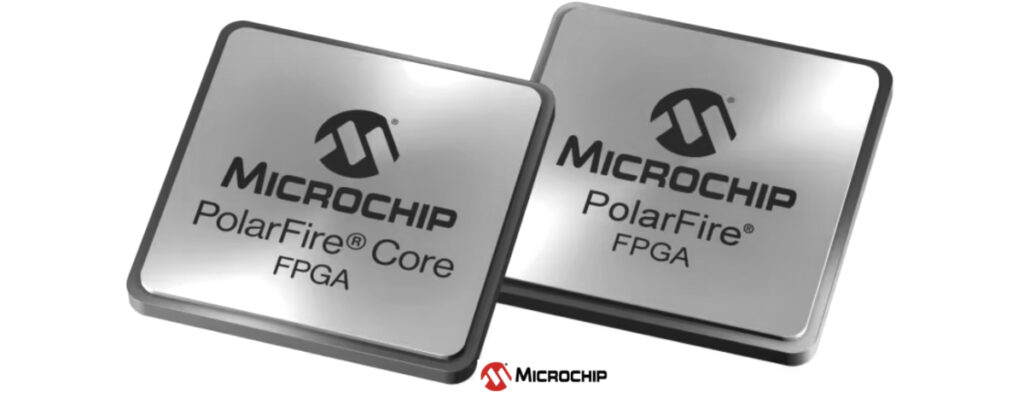
Continuing to support the evolving needs of space system developers, Microchip Technology (Nasdaq: MCHP) has announced two new milestones for its Radiation-Tolerant (RT) PolarFire® technology: MIL-STD-883 Class B and QML Class Q qualification of the RT PolarFire RTPF500ZT FPGA and availability of engineering samples for the RT PolarFire System-on-Chip (SoC) FPGA.
These achievements underscore the company’s more than 60 years of spaceflight heritage and its commitment to delivering highly reliable, low-power solutions for the most demanding space applications.
MIL-STD-883 Class B and Qualified Manufacturers List (QML) Class Q are industry standards that define rigorous testing and qualification processes for microelectronic components used in high-reliability applications, such as space and defense. MIL-STD-883, developed by the U.S. Department of Defense, outlines methods for environmental, mechanical and electrical testing to ensure device reliability under extreme conditions. QML Class Q, managed by the Defense Logistics Agency (DLA), certifies that manufacturers consistently produce components meeting these stringent requirements.
Unlike traditional SRAM-based FPGAs, RT PolarFire devices use nonvolatile technology, making them immune to configuration memory upsets caused by radiation. This eliminates the need for external mitigation measures, helping reduce system complexity and overall cost. RT PolarFire FPGAs consume up to 50% less power than mid-range SRAM-based alternatives, enabling satellite designers to optimize Size, Weight and Power (SWaP) without compromising mission-critical reliability. The PolarFire RTPF500ZT FPGA advances the family’s capabilities, offering enhanced Single Event Latch-up (SEL) radiation performance and increased robustness for inflight programming compared to the original RTPF500T.
Engineering samples of the RT PolarFire SoC FPGA further strengthen Microchip’s portfolio of space-qualified solutions. This SoC integrates a real-time, Linux®-capable, RISC-V®-based microprocessor subsystem with a flight-proven FPGA architecture, enabling both flexible software support and deterministic real-time performance. With a roadmap to QML Class V and Class Y, the RT PolarFire SoC FPGA is well suited for central satellite processing, avionics and payload control where high reliability is essential.
RT PolarFire devices are supported by the Libero® SoC Design Suite, a comprehensive IP library, reference designs and solution stacks tailored for space applications. RT PolarFire SoC FPGAs also integrate with Microchip’s Mi-V ecosystem for RISC-V development. Additionally, development kits and hardware platforms are available to facilitate rapid prototyping, hardware validation and system integration, enabling engineers to efficiently bring mission-critical space systems from concept to deployment.
Microchip Technology has a proven track record of supporting critical space missions, spanning Low Earth Orbit (LEO), satellite platforms and deep space exploration,” said Shakeel Peera, vice president of marketing and strategy for Microchip’s FPGA business unit. “Our commitment to stringent quality standards, compliance with international regulations and long-term product reliability has solidified Microchip’s reputation as a trusted provider of aerospace hardware. As the industry demands higher performance, increased logic density and robust security, we remain dedicated to innovating solutions that address the evolving needs of modern space systems.”
Microchip’s latest milestones in radiation-tolerant FPGA technology reflect ongoing progress in addressing the stringent requirements of contemporary space missions.
